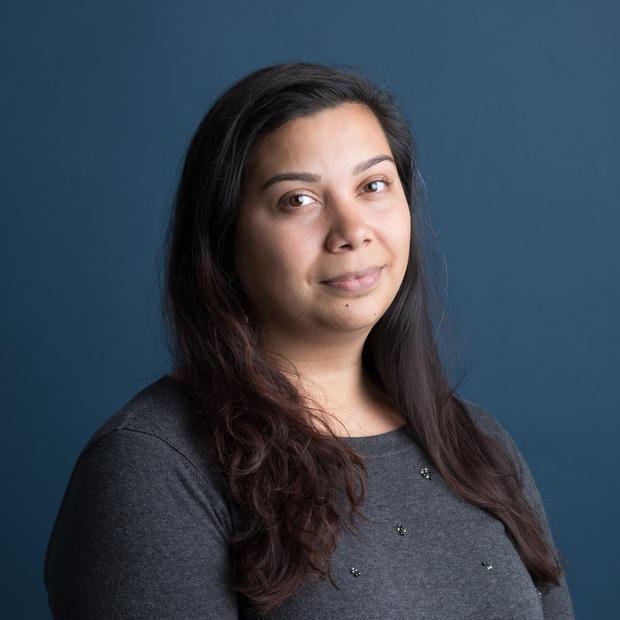We know that people of color face more barriers to health care. There are the practical ones — money, transportation, language — and those that are insidious and harder to quantify, like leaving an appointment feeling your doctor didn't take you seriously and dismissed your problem.
I've lived through some of these issues myself: delaying an appointment because I couldn't afford the copay; not being able to get a certain medication I needed because it wasn't covered by Medicaid; asking a new doctor for a refill of a prescription I'd had for months, only to be questioned and made to feel like an addict. And I am one of the privileged ones.
For me, these stories are all too familiar. I've heard them from loved ones all my life — and I now realize it's important to share them, so that we know we are not alone, that this isn’t normal and especially so that those who have never experienced these issues better understand.
I see this series as a mosaic of stories, history and data that I hope helps to explain some of the complexities of health care in this country, and how they intertwine with access and opportunity. There are many sobering stories, certainly. But what I've also seen are the incredible strength and resilience of these same folks.
I think of Martine Pierre-Louis, a Haitian immigrant who told me about her early experiences with the U.S. health care system, when interpreters were not common. She recalled "being poked and prodded and having things inserted into different parts of my body ... and not understanding anything of what was going on." This experience spurred her to become an interpreter and eventually direct the interpreter services program at Harborview Medical Center, where she is now the director of equity, diversity and inclusion.
I was inspired by young activists, but also by elders like Le Danh, a Vietnamese man in his 80s, who is a health care ambassador of sorts in his senior housing complex. He told me that many of his neighbors are afraid to see an American doctor, hesitant to share their problems. So he carries around newspaper clippings from a Vietnamese publication that tells folks they have the right to care and where to sign up for insurance.
These are some of the stories that brought me hope in a difficult year for health care. And a quick note: While we talk about the coronavirus a bit in this series, it's not the main focus. COVID-19 has just shown everyone who couldn’t see what a lot of us have known and experienced for a long time: that the system is rigged. These inequities were here long before COVID, and will remain long after this pandemic is relegated to the history books. The difference is that for many people, the veil has finally come off, and they can see some of these invisible barriers their neighbors have been facing all along.
Hopefully our eyes will remain open long after the virus is gone.
This story was first published in Crosscut's Weekly newsletter. Want to hear more from journalists like Jen Dev? Sign up for the newsletter, below.
Get the best stories of the week
This weekly newsletter dives deeper into one story and how it was reported, along with curating the best stories of the week.



